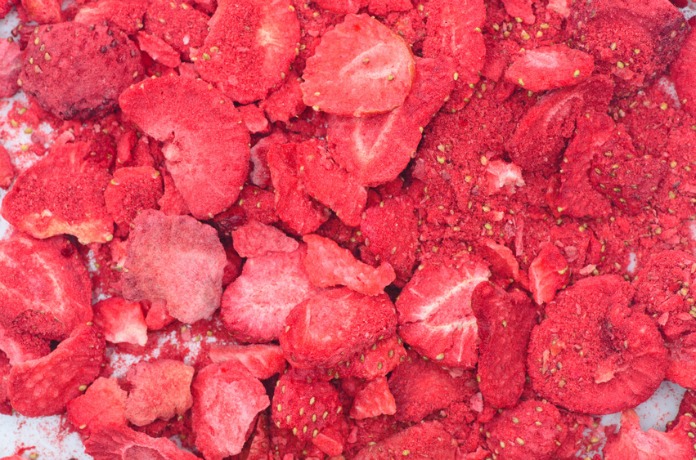The University of Georgia, along with the Frozen Food Foundation conducted a study comparing the nutrient content of eight frozen and fresh fruits and vegetables. They found that the nutritional value of many of the frozen fruits and veggies are equal to the fresh choices, and is greater in some cases.
 The scientists mimicked consumer purchase and storage practices. They studied blueberries, corn, strawberries, broccoli, green beans, cauliflower, spinach, and green peas. Since growing conditions, time in the supply chain, and country of origin can affect nutrient content, they made composites of each fresh and frozen food from six grocery store chains over a two year time frame.
The scientists mimicked consumer purchase and storage practices. They studied blueberries, corn, strawberries, broccoli, green beans, cauliflower, spinach, and green peas. Since growing conditions, time in the supply chain, and country of origin can affect nutrient content, they made composites of each fresh and frozen food from six grocery store chains over a two year time frame.
Then, each item was analyzed from the frozen, fresh on the day of purchase, and after being stored for five days in a refrigerator. They found that the amounts of vitamins A and C and B vitamins (folates) of some of the frozen produce was greater than the produce stored in the refrigerator, most likely to nutrient degradation that occurs over time.
So don’t feel bad about purchasing frozen fruits and vegetables. In fact, if you do store produce for a few days in the fridge, frozen may be a better choice.




